News

Jul 17, 2025
When dreams turn dark: Neuroscientists to study nightmares and mental health
Dreams, and likely nightmares, are experienced universally across humans and animals, but neuroscientists still do not know why. Now, with a three-year, $1.2 million grant from the W.M. Keck Foundation, an interdisciplinary team of researchers at Penn State will study the underlying mechanisms of nightmares and their relationship with anxiety-related mental health disorders, such as post-traumatic stress disorder (PTSD).
Full Article
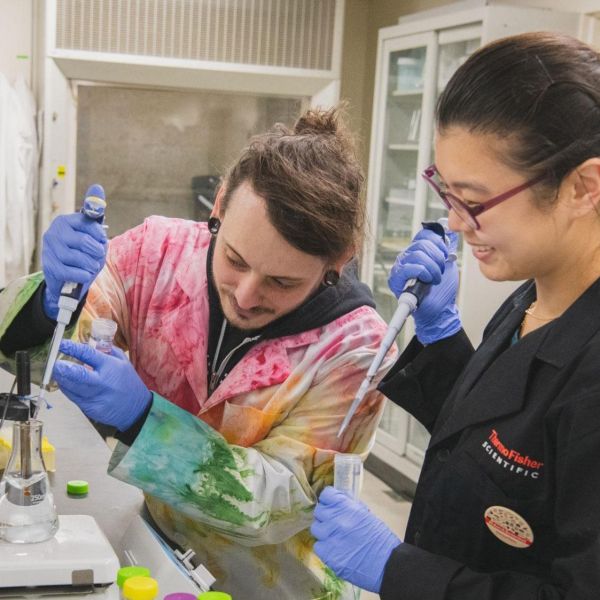
Jul 14, 2025
The breadth of the brain
Researchers in the Penn State Neuroscience Institute study the brain’s many aspects in a variety of ways, with implications from mental health to aging and disease.
Full Article

Jun 04, 2025
$2.9M grant funds study on long-term effects adolescent binge drinking
An interdisciplinary team of researchers at Penn State will use a new five-year, $2,900,000 grant to investigate the long-term effects of excess alcohol drinking during adolescence.
Full Article

May 28, 2025
Two engineering professors named international AI association fellows
Swaroop Ghosh, Penn State professor of electrical engineering and computer science, and Vishal Monga, Penn State professor of electrical engineering, have been selected as 2025 fellows of the Asia-Pacific Artificial Intelligence Association (AAIA).
Full Article
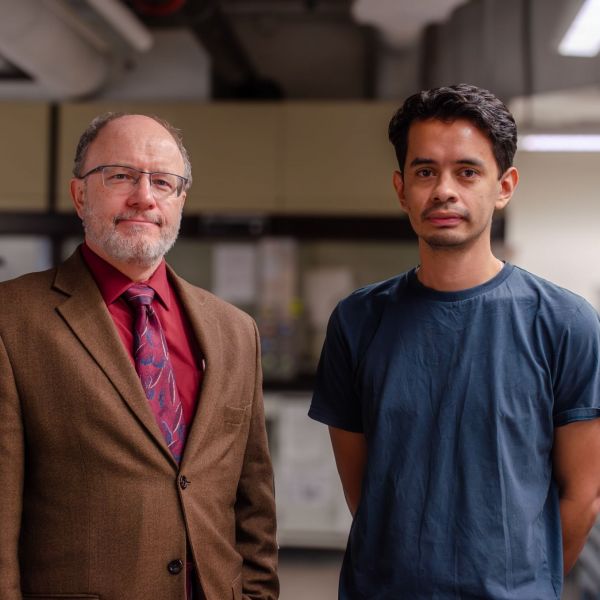
Feb 20, 2025
Young adults may be more vulnerable to nicotine addiction than the middle aged
People in their late teens and early 20s may be more sensitive to nicotine and more susceptible to nicotine addiction than middle aged adults, according to a new study in mice from researchers in the Penn State Department of Biobehavioral Health.
Full Article
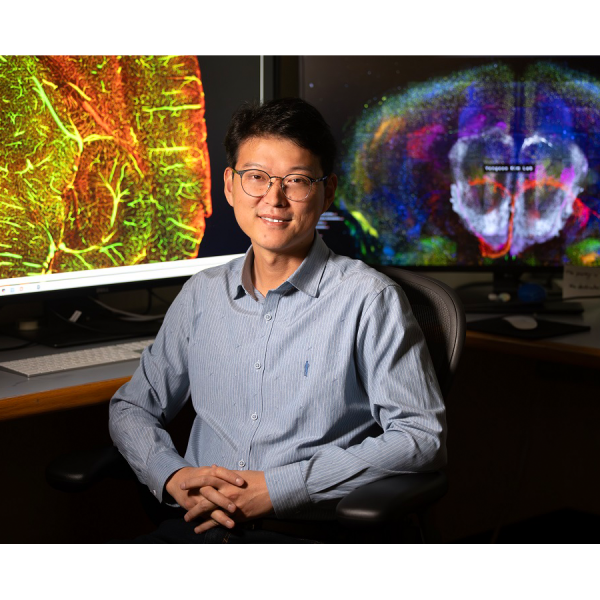
Jan 23, 2025
$17.9M NIH grant to research neurodevelopment disorders
Illuminating key biological pathways that underlie neurodevelopmental and psychiatric disorders, such as autism spectrum disorder and attention deficit hyperactivity disorder, is the goal of a new five-year, $17.9 million grant from the National Institutes of Health’s National Institute of Mental Health to a national team of researchers.
Full Article

Jan 06, 2025
Fourth annual Big Ten Neuroscience Symposium to convene at Penn State
The Penn State Neuroscience Institute, through the Huck Institutes of the Life Sciences and the Penn State College of Medicine, will host the Big Ten Neuroscience Annual Meeting on July 21 and 22 at the Nittany Lion Inn in State College.
Full Article
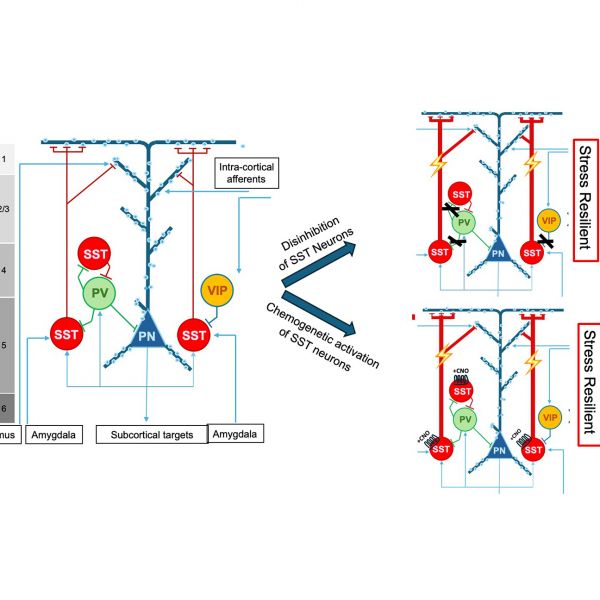
Dec 17, 2024
Brain regions that relieve effects of chronic stress in mice differ based on sex
In two new studies, researchers made mice resilient to stress by activating neurons in different brain regions and found that the changes involved are highly sex-specific
Full Article
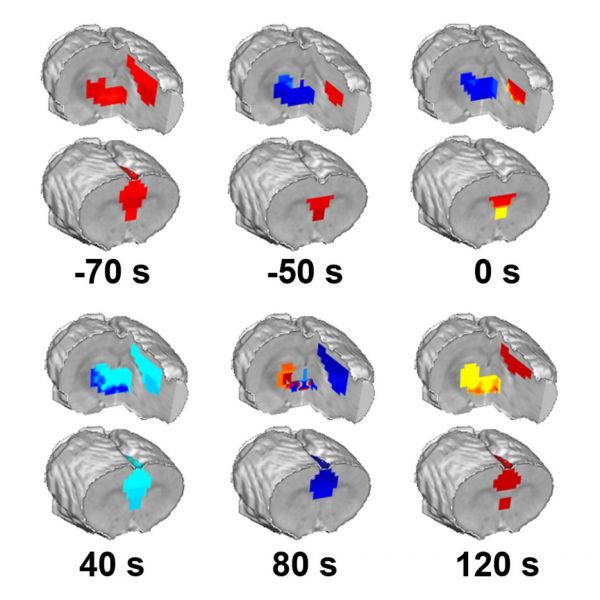
Dec 11, 2024
Brain mechanisms underpinning loss of consciousness identified
Rapid activity in three brain regions appears to trigger loss of consciousness, researchers at Penn State find.
Full Article

Nov 14, 2024
Three Penn State researchers awarded scientific grants from Kaufman Foundation
The Charles E. Kaufman Foundation — a supporting organization of The Pittsburgh Foundation, which works to improve the quality of life in the Pittsburgh region — has selected three Penn State researchers to receive scientific research grants. The foundation awards grants to scientists at institutes of higher learning in Pennsylvania who are conducting innovative, fundamental scientific research in the fields of biology, chemistry and physics.
Full Article